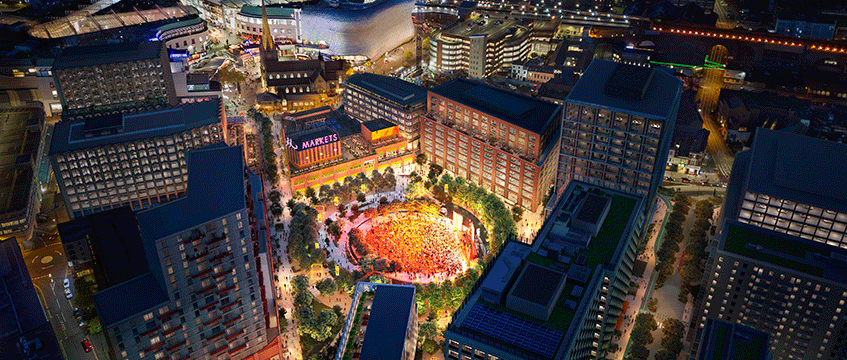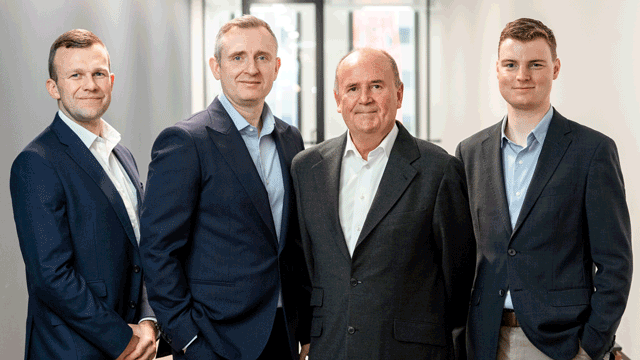One is a cigar-chomping New Yorker, the other an Old Etonian. Other than that, Rudy Giuliani and Boris Johnson have an awful lot in common.
The former mayor of New York was on a flying visit to London this week. He was here to help Boris raise money for his charity, the Mayor’s Fund for London, at a lunch staged by Tower 42. Both men can be by turns charming, demanding and galvanising. Both have experience of running a world city, of course, and both recognise that it is cities, not countries, that will shape the planet in the decades ahead.
“You think of London before you think of the UK,” said Giuliani. “And I think you think of New York before you think of the USA.”
No one in the room seemed to disagree.
Both men talked of cities’ need for skills, infrastructure, affordable housing, density in the core and connectivity. Giuliani backed Boris Island as a solution to London’s aviation capacity problem. And he appeared to back Johnson for prime minister too. On the back of that, Johnson gave perhaps his firmest commitment yet to those ambitions.
He vowed to run for PM on the condition that Giuliani make another bid for the US presidency.
But here’s a thought. If cities usurp countries in the decades ahead, that would, of course, make mayors more powerful than presidents and prime ministers. And, unlike its New York equivalent, the London mayoralty is not term-limited. The attractions of running a country may recede when there is so much more you can do running a city.
We have a politics special issue next week – including more from Giuliani.
At the London Real Estate Forum this week, there was no shortage of ambition either. Many of the sessions focused on residential this year and one offered guidance on how to “crack the code” on development. Cracking the code? It would mean solving the housing crisis, ensuring a lucrative market doesn’t overheat, delivering housing at the volumes needed and creating a supply pipeline that is affordable. If that weren’t ambitious enough, Barratt chief executive Mark Clare added the need to improve skills, import talent where needed and deliver effective transport links.
So just education, immigration and the roofs over our heads then. That makes housebuilders not just responsible for leading us out of recession but for society at large.
In fairness, Clare said the sector couldn’t solve all these issues alone. “It’s taken us 30 years to get into this mess,” he added. “We’ll only be disappointed if we expect to get out of it quickly.”
One Brit is so confident that the Scots will reject independence in September’s referendum that he has staked £400,000 on that outcome. The man, reputedly speaking with an English accent, placed the bet at a Home Counties branch of William Hill.
Chairing a session at the UKPP Scottish Property Conference this week, I asked a similar question: will Scotland back the independence motion? Three, of about 100, hands went up; 97% of the room believed the country would stay part of the union. Still, that’s a full three percentage points higher than the last time I posed the question to a Scottish audience. But, as one Scottish businessmen said to me after that earlier snap poll, “Not every voter wears a suit.” The heart so often rules the head.
Which way will the vote go? It’s too close and too early to call. But another intervention this week was striking. JK Rowling has put £1m of her own money to back what she calls the “no thanks” campaign. That casts the opposition as the “yes, please” movement.
Very polite and very, ahem, British.











